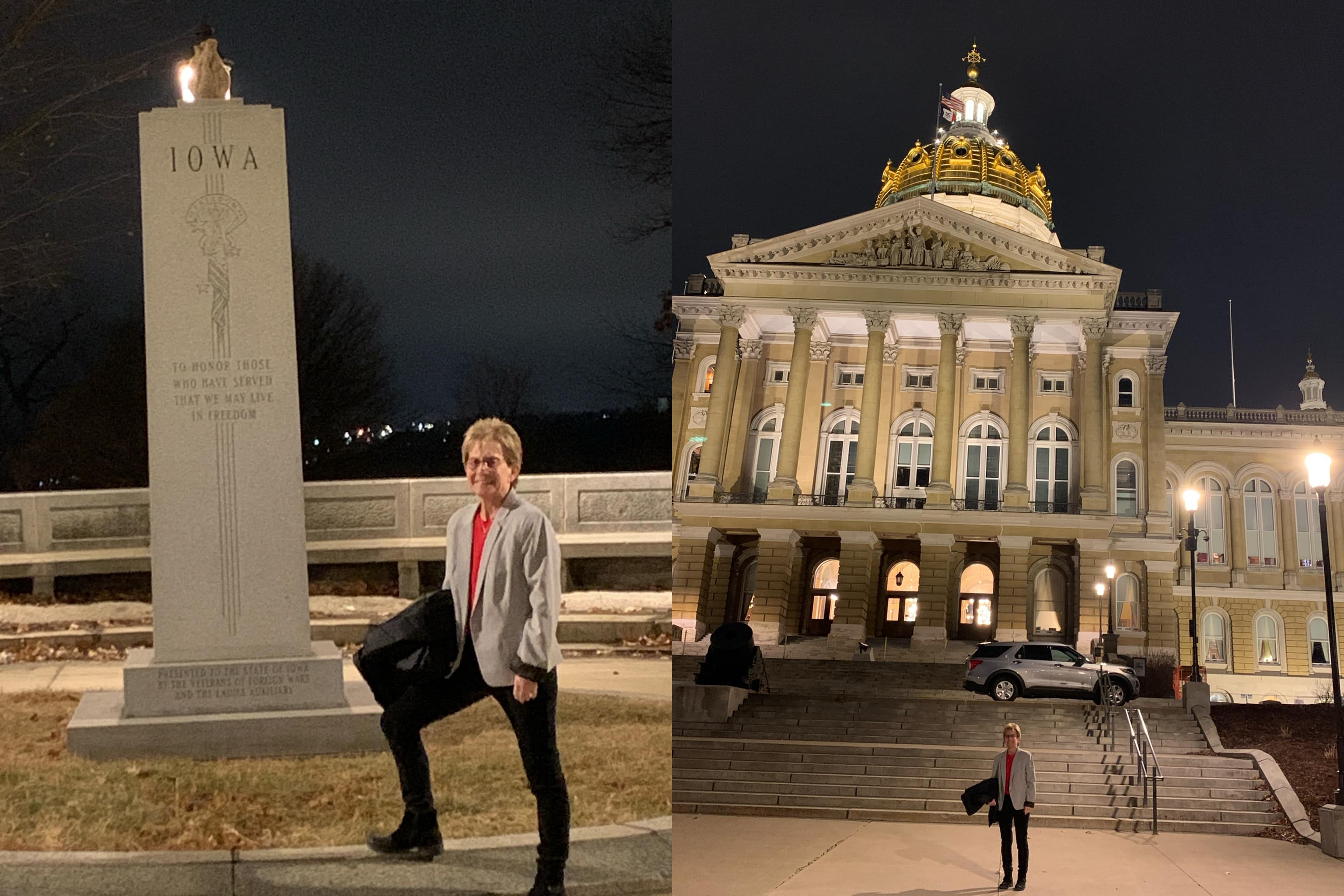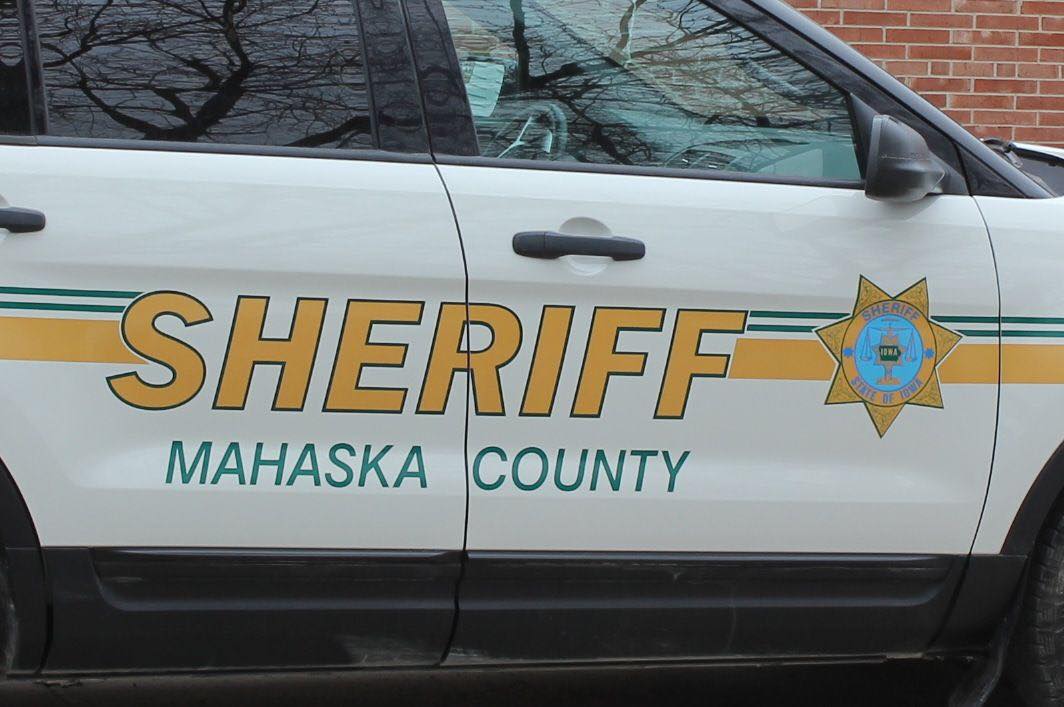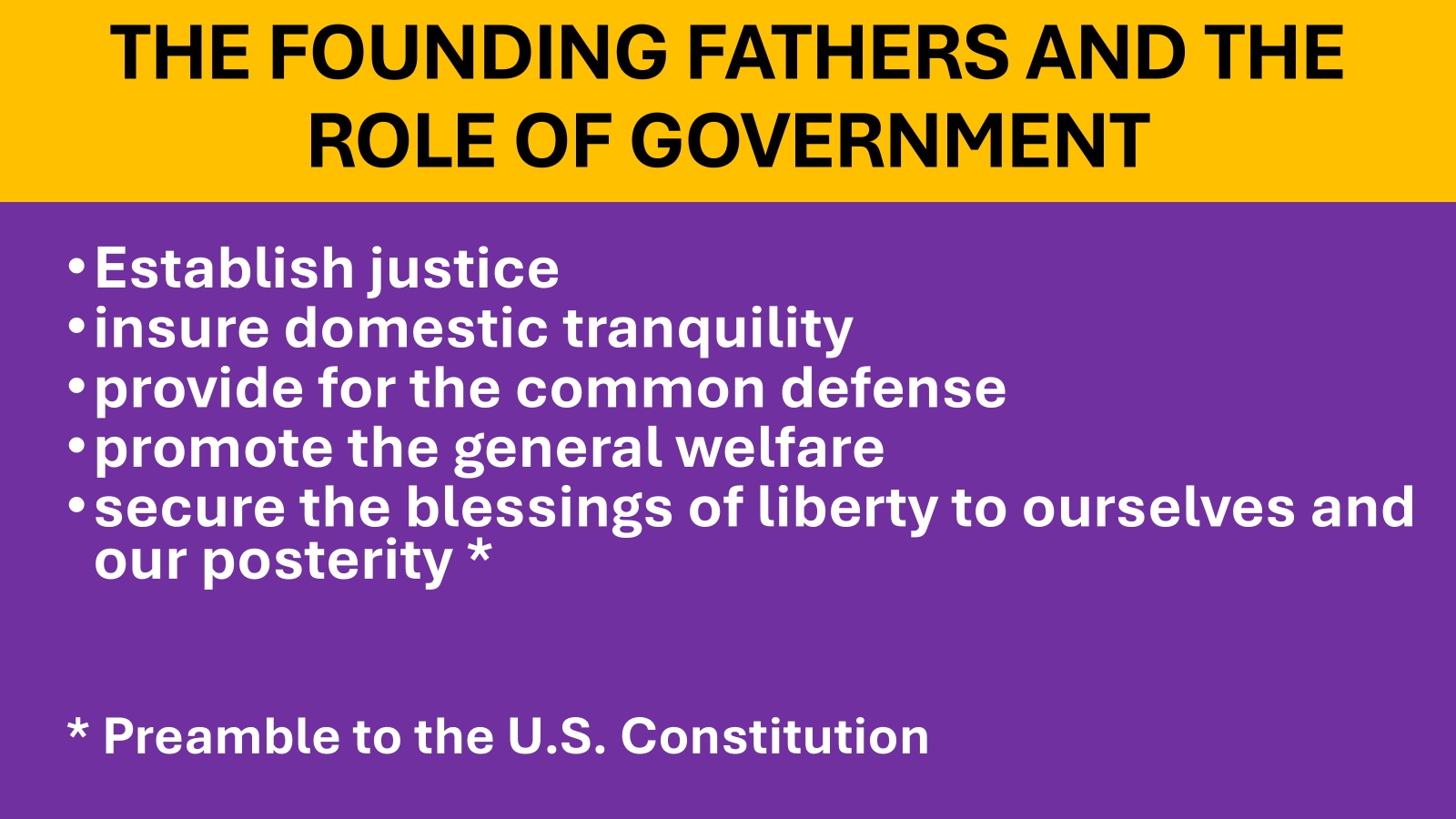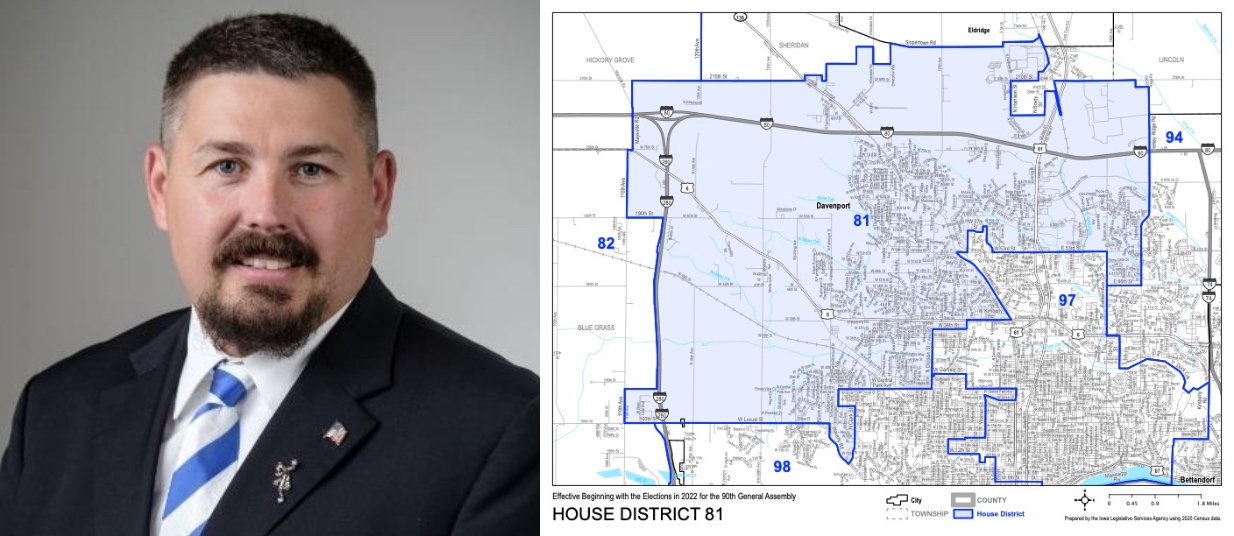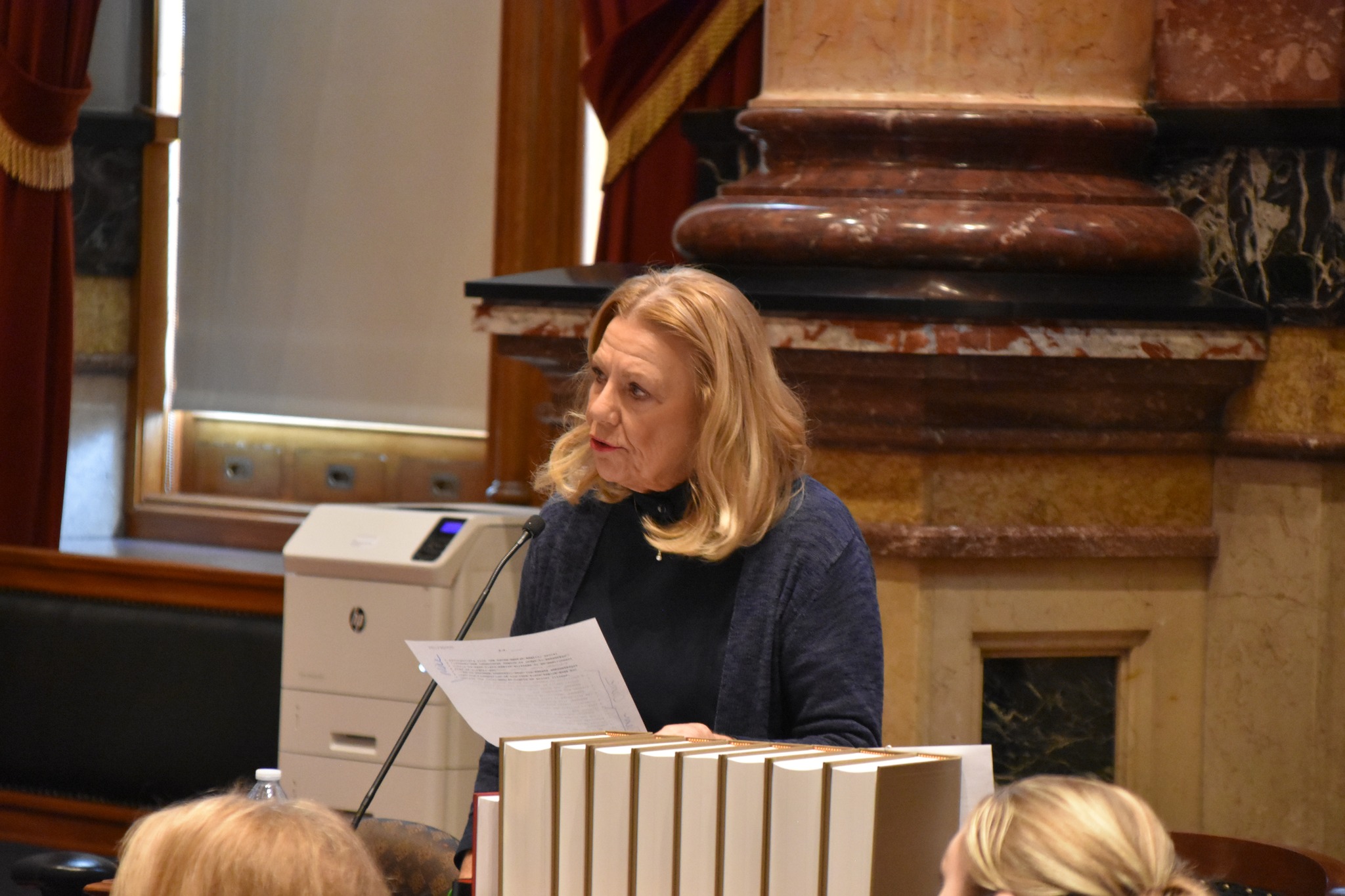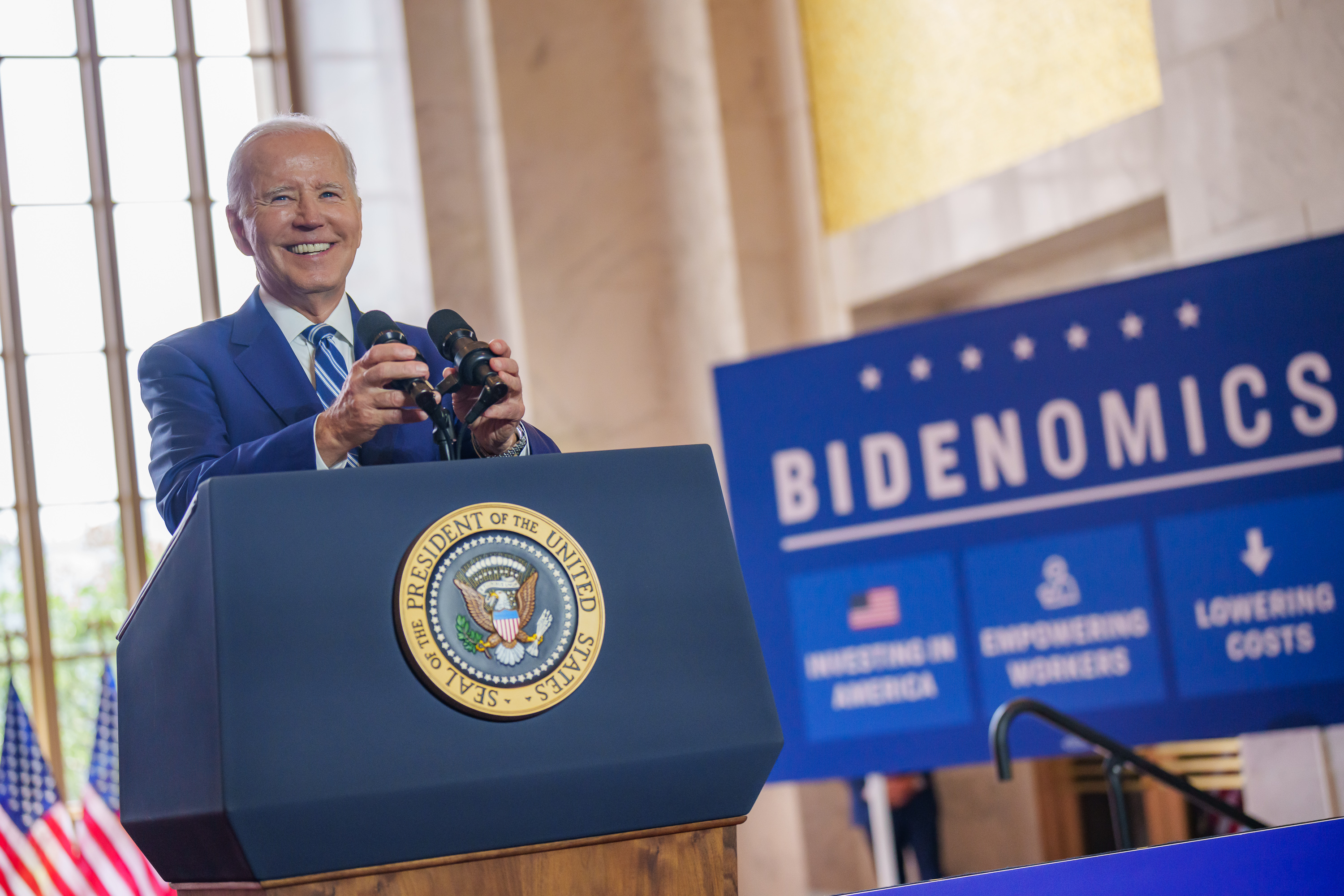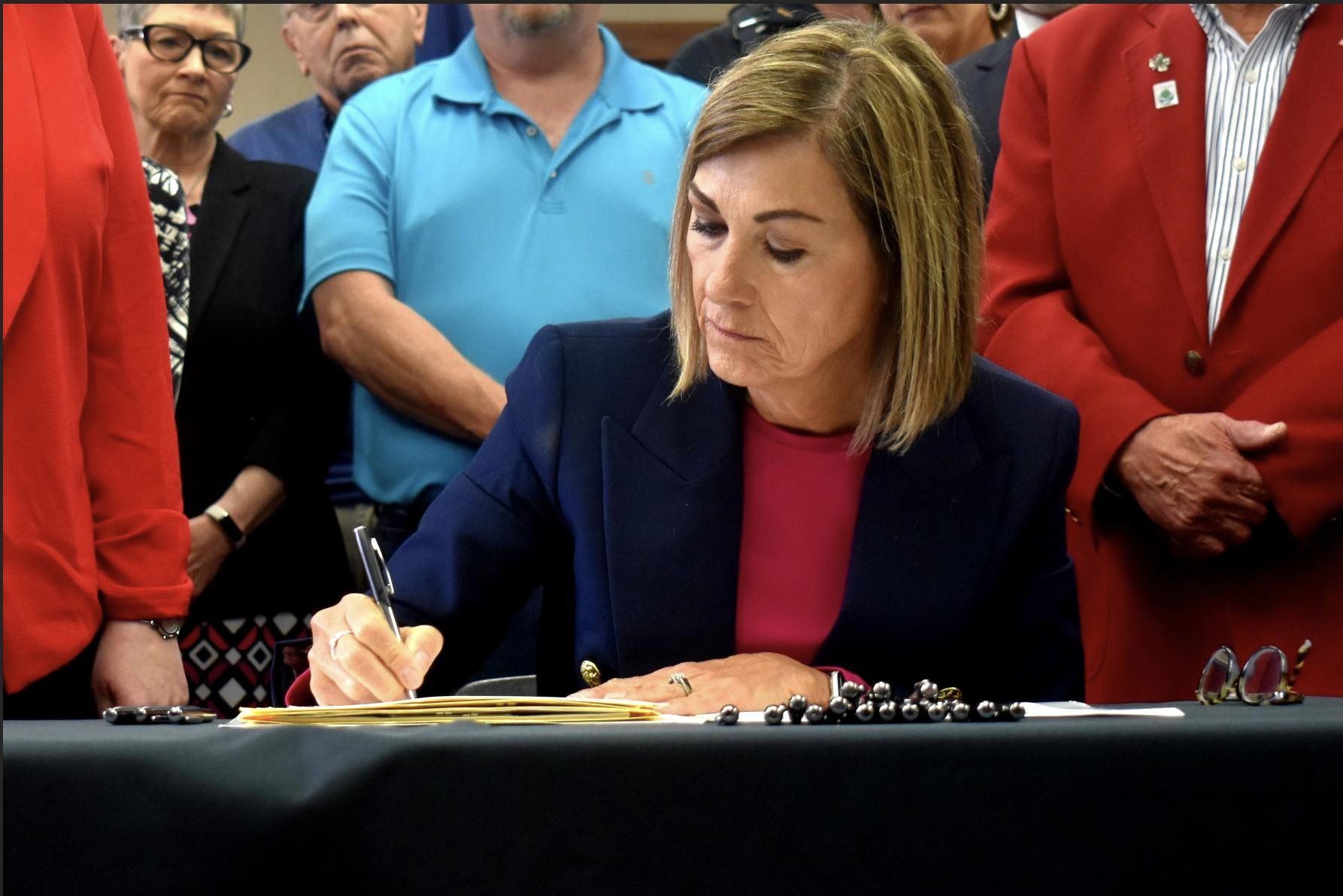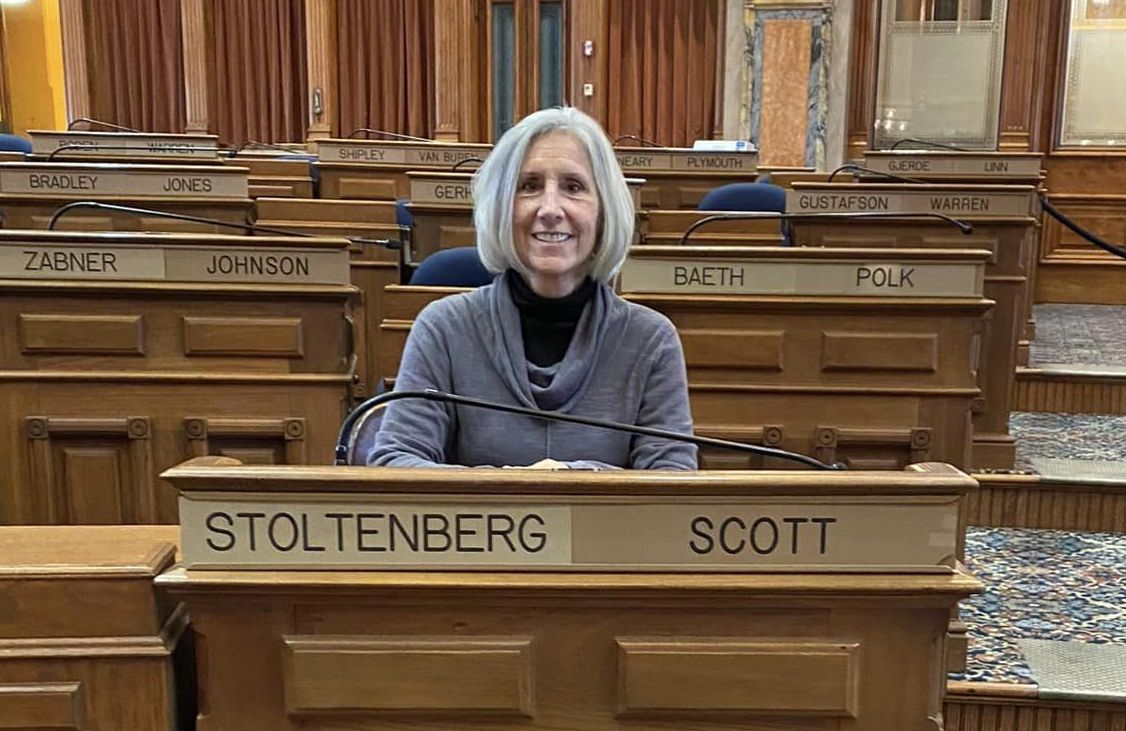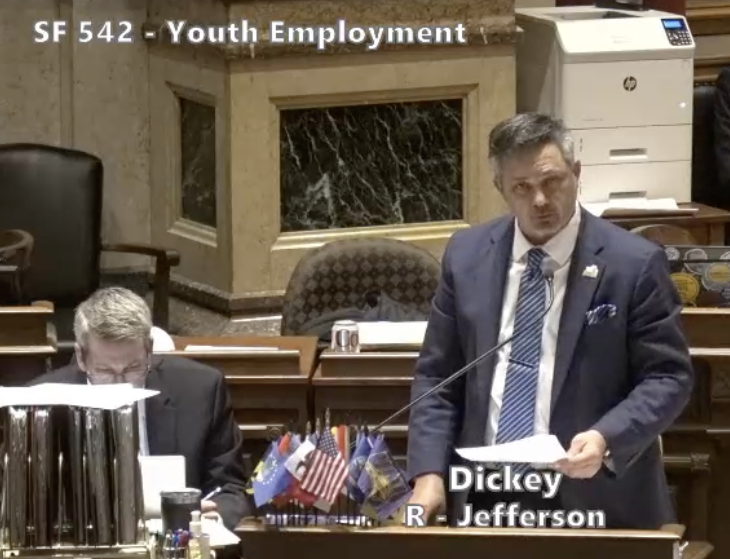Douglas Burns is a fourth-generation Iowa journalist. He is the co-founder of the Western Iowa Journalism Foundation and a member of the Iowa Writers’ Collaborative, where this article first appeared on The Iowa Mercury newsletter. His family operated the Carroll Times Herald for 93 years in Carroll, Iowa where Burns resides.
About 2,000 nurses in four Des Moines area UnityPoint Health campuses will vote early this month on whether to unionize their ranks for what leaders of the movement say will bring more bargaining power for salaries, benefits and working conditions through a proposed affiliation with the Teamsters Union.
Nurses are expected to vote December 7 to 9 on unionization at four UnityPoint locations: Iowa Methodist Medical Center, Blank Children’s Hospital, Methodist West Hospital, and Iowa Lutheran Hospital.
An affirmative vote would be a groundbreaking one in Iowa health care—and the union movement—as the Teamsters would represent nurses in non-profit hospitals, with the potential for organizing other health-care workers across a span of UnityPoint facilities in Iowa—and other medical centers in which health-care workers could be inspired by the Des Moines vote.
“We are fed up with UnityPoint whittling away at the things nurses need at the bedside,” said Alex Wilken, 39, a critical care nurse at Iowa Methodist Medical Center with more than a decade of experience.
Wilken is on the organizing committee for unionization with his nursing peers at the four centers.
“It isn’t just about pay,” Wilken said, adding that patient-staff ratios and safer working conditions are a big part of the push for what he believes will be more effective advocacy.
“The method we have here in the United States is to unionize,” Wilken said in a phone interview.
UnityPoint leaders say unionization is not in the best interests of the health-care network. UnityPoint management denied a request this summer for voluntary union recognition in workplace negotiations.
“At UnityPoint Health, we believe that direct collaboration is the foundation for building the strongest and most supportive environment for both our team members and the patients we serve,” UnityPoint officials said in a statement sent to Iowa Mercury. “For this reason, we believe that representation by an outside party is not in the best interests of our patients, our nurses or our community.”

Iowa Methodist Medical Center in Des Moines (photo By Douglas Burns of The Iowa Mercury)
Union organizers held a news conference and rally on December 2 in front of Methodist Medical Center (across from 1320 Center Street) where they called for an investigation into how UnityPoint funded any opposition to unionization. In a flyer promoting the event, nurses and union officials allege that UnityPoint spent $6 million to fight the organizing drive.
UnityPoint did not respond directly to questions on funding sources for any activity related to the union vote.
Sammi Ladd, 36, a critical care nurse at Iowa Methodist, said health-care workers are concerned that staffing and security levels are not high enough to deal with patient violence. Ladd was attached by a patient while pregnant and kicked a few years later by another patient.
“I’ve seen my co-workers and friends get strangled by patients,” Ladd said.
Ladd expects the nurses to vote for unionization. The vote is managed by the National Labor Relations Board.
“I do truly think this is something that will go through,” Ladd said in an interview. “I do think this something that our community, Iowa, and nurses, deserve.”

Alano De La Rosa, the principal officer for Teamsters Local 90, which includes the Des Moines area and reaches into many other Iowa counties, said nurses will be able to negotiate with the full force of the Teamsters Union behind them. This includes a $400 million national strike fund, he said.
UnityPoint is clearly worried that the union effort with nurses at the four medical centers in the Des Moines could spread to their other facilities and staffing sectors, De La Rosa said.
“I believe it would have been considered by UnityPoint when they started cutting millions of dollars in checks to union busters,” De La Rosa said.
De La Rosa said the Teamsters Union has experience representing nurses and health-care workers.
“They are very big-hearted and they want to help everybody around them,” he said.
The vote is coming two months later than originally scheduled as as the federal government shutdown forced a postponement of a vote that had been set for early October.
Editor’s note from Laura Belin: Alex Wilken discussed the organizing drive on Julie Gammack’s Iowa Potluck podcast on December 1. The conversation is worth your time; several participants asked excellent questions, grounded in their experience with labor unions or working in the health care sector. You can watch that video here.
Continue Reading...







